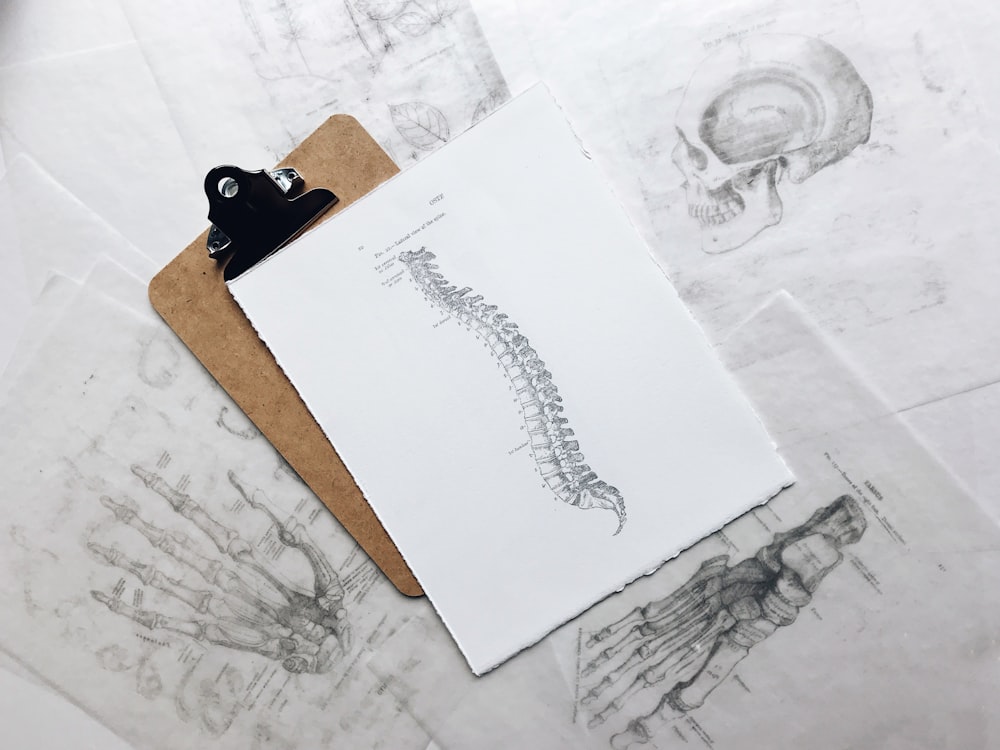
Unveiling the Brain Initiative Advancing Neuroscience
Introduction:
In the realm of scientific exploration, few initiatives have garnered as much attention and excitement as the Brain Initiative. This groundbreaking endeavor represents a collective effort to unravel the mysteries of the human brain, pushing the boundaries of neuroscience and paving the way for unprecedented discoveries.
Unveiling the Brain Initiative:
The Brain Initiative, officially known as the Brain Research through Advancing Innovative Neurotechnologies (BRAIN) Initiative, was launched in 2013 by the United States government. Its primary goal? To accelerate the development and application of innovative technologies to revolutionize our understanding of the brain.
Decoding the Brain:
Central to the Brain Initiative is the ambitious task of decoding the brain’s complex structure and functions. Researchers aim to map the intricate neural circuits that underlie various cognitive processes, from perception and memory to emotion and decision-making. By deciphering these neural codes, scientists hope to gain insights into neurological disorders and develop more effective treatments.
Advancing Neurotechnology:
A key aspect of the Brain Initiative involves the development of cutting-edge neurotechnologies. These tools range from advanced imaging techniques and neural recording devices to optogenetics and brain-computer interfaces. By harnessing the power of these innovative technologies, researchers can probe the brain’s inner workings with unprecedented precision and detail.
Empowering Neuroscience:
One of the most significant impacts of the Brain Initiative is its empowerment of the neuroscience community. By providing funding and resources for groundbreaking research projects, the initiative has fostered collaboration and innovation among scientists from diverse fields. This collective effort has led to a wealth of new discoveries and insights into the brain’s complexities.
Transforming Research Paradigms:
The Brain Initiative is not merely a scientific endeavor; it represents a paradigm shift in how we approach brain research. Traditional methods of studying the brain often relied on indirect measures and limited spatial and temporal resolution. With the advent of new neurotechnologies supported by the initiative, researchers can now explore the brain’s dynamics in real-time with unprecedented precision.
Unraveling Neural Circuits:
One of the central objectives of the Brain Initiative is to unravel the intricate neural circuits that govern brain function. Through a combination of advanced imaging techniques and computational modeling, researchers can trace the flow of information within the brain and identify how different regions interact to produce complex behaviors and cognitive functions.
Exploring Brain Disorders:
The insights gained from the Brain Initiative have profound implications for our understanding and treatment of brain disorders. By elucidating the neural mechanisms underlying conditions such as Alzheimer’s disease, Parkinson’s disease, and schizophrenia, researchers can develop more targeted therapies and interventions to improve patient outcomes.
Challenges and Opportunities:
Despite its promise, the Brain Initiative also faces significant challenges. The sheer complexity of the brain presents formidable obstacles, and many questions remain unanswered. However, with continued investment and collaboration, the initiative holds the potential to transform our understanding of the brain and unlock new possibilities for human health and well-being.
Conclusion:
In summary, the Brain Initiative stands as a testament to human curiosity and ingenuity. By pushing the boundaries of neuroscience and advancing the frontiers of neurotechnology, this groundbreaking initiative holds the promise of revolutionizing our understanding of the brain and ultimately improving the lives of millions around the world. Read more about brain initiative







